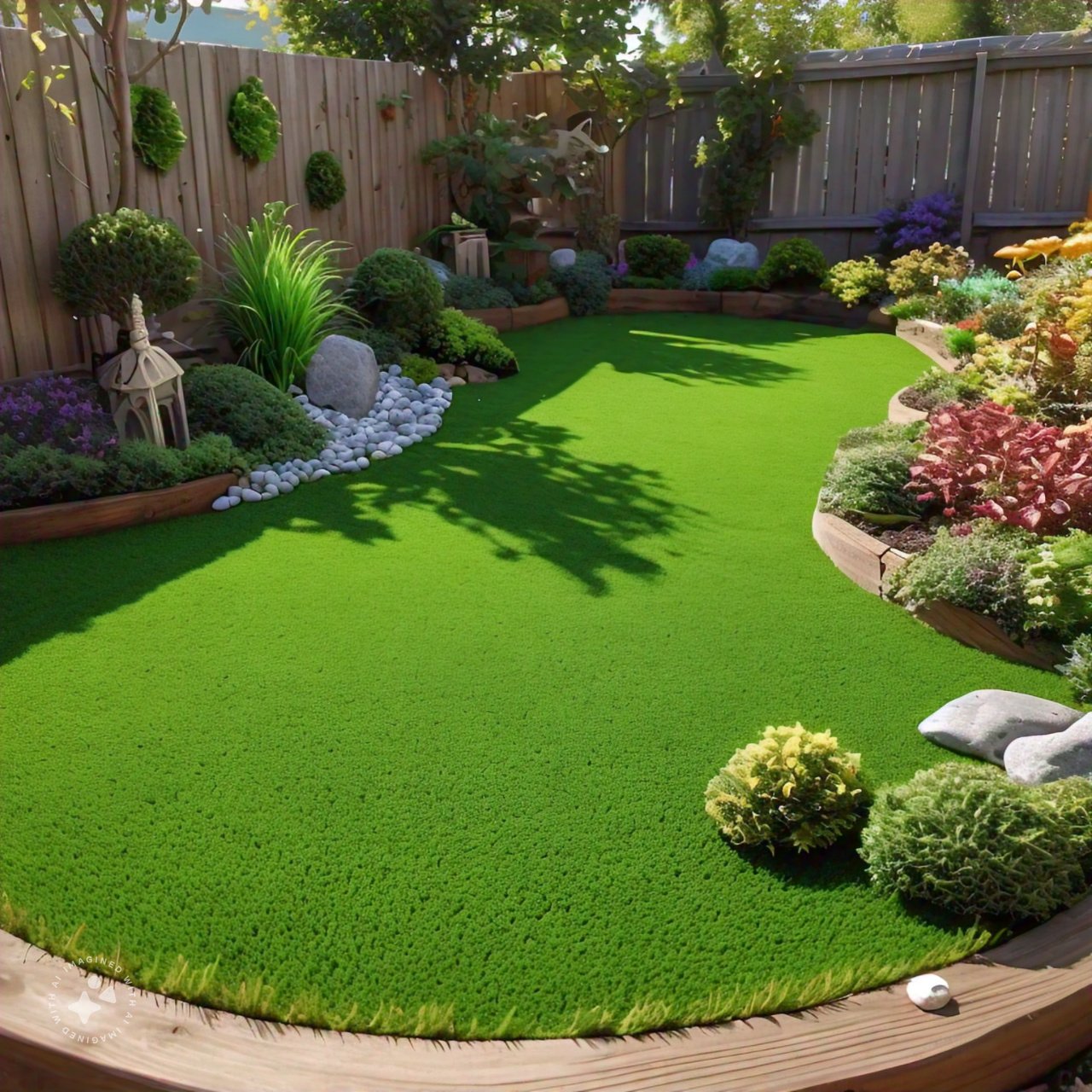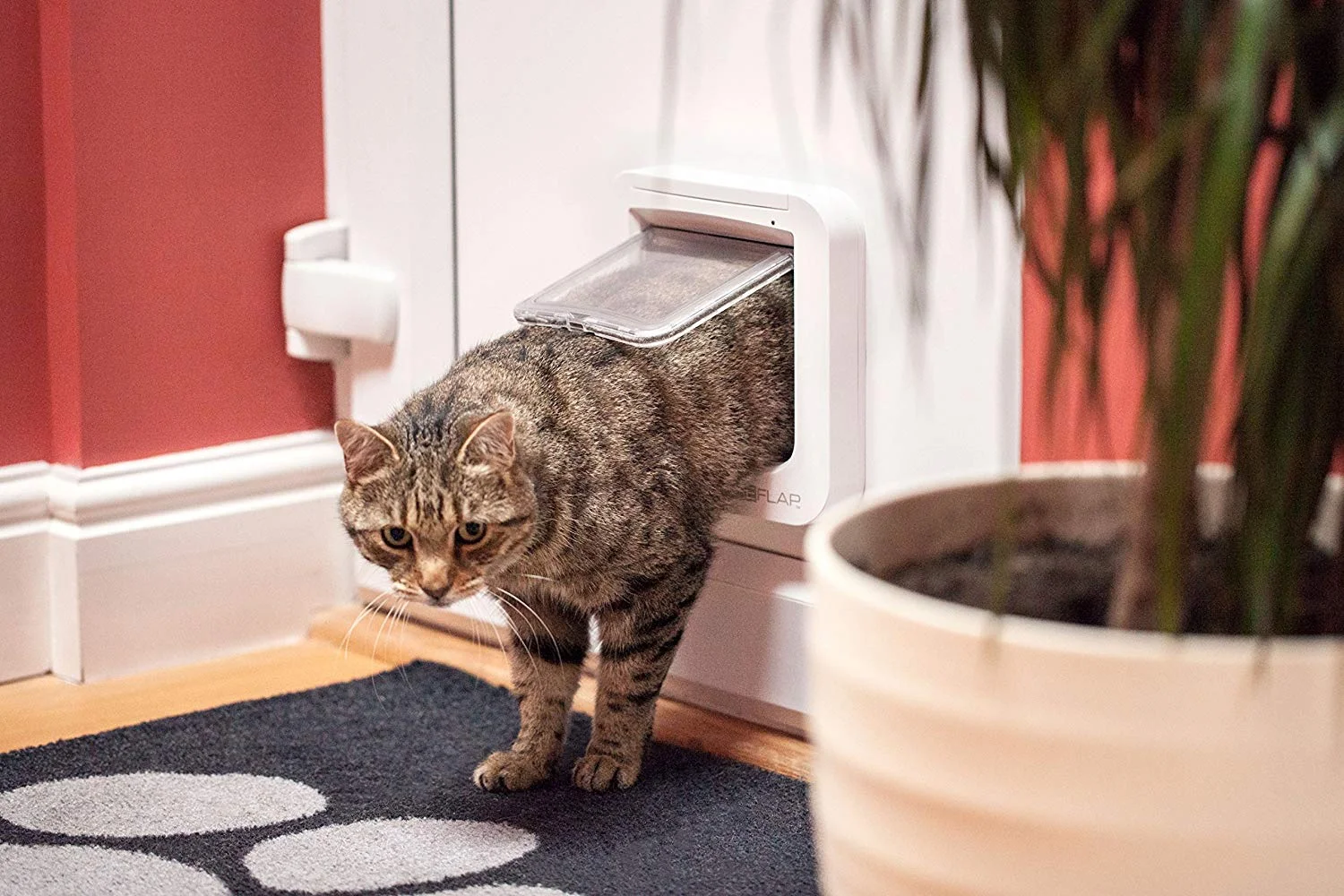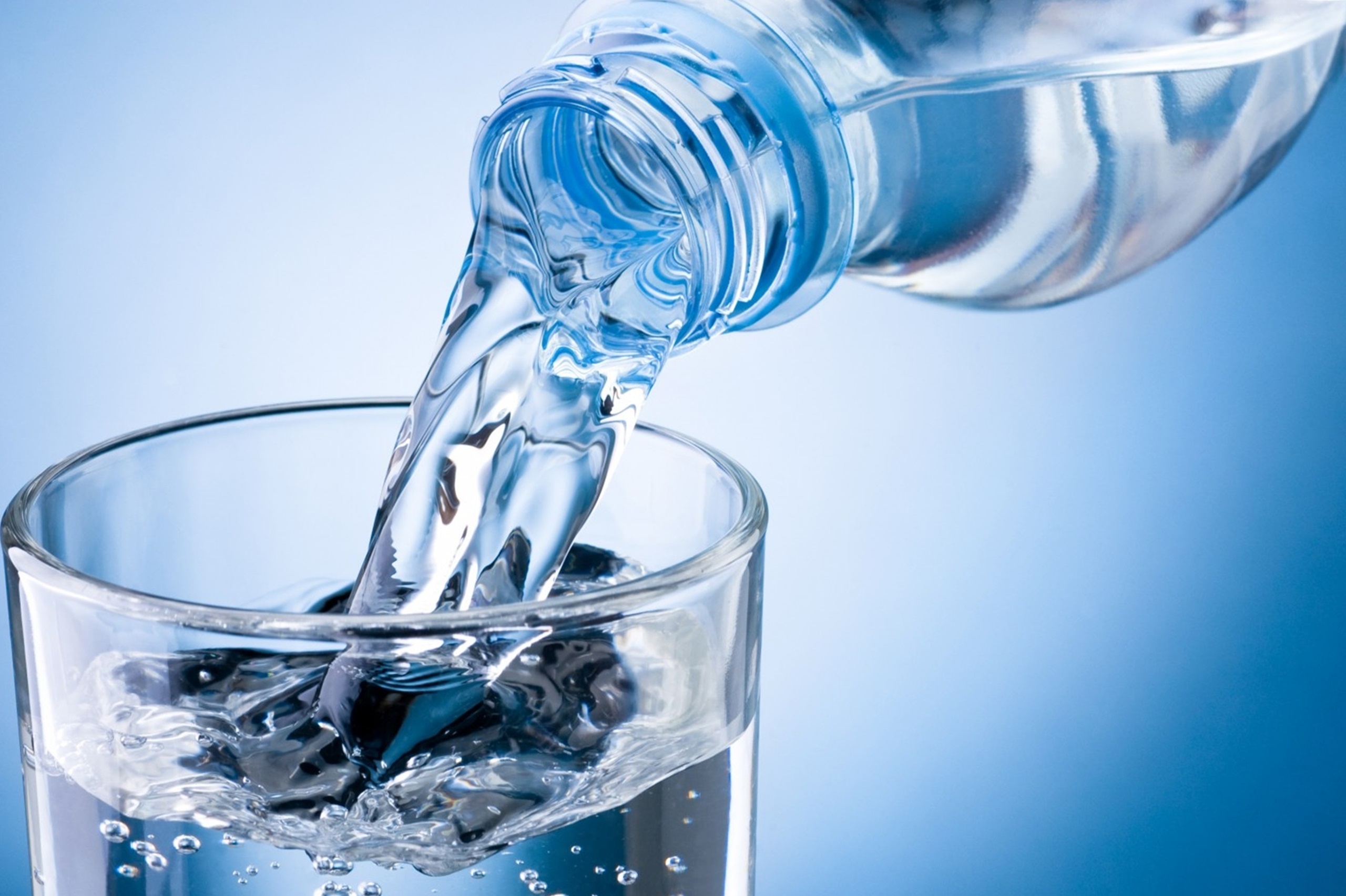Artificial grass has become an increasingly popular choice for homeowners across Essex and the wider UK, offering a low-maintenance, evergreen solution that looks great all year round. Artificial grass is an excellent option for those with pets, particularly dogs, as it is durable, easy to clean, and provides a safe surface for pets to play on. However, like any investment in your garden, artificial grass needs some upkeep, especially when you have pets.
Leaders for artificial grass in Essex, Luux Landscapes, specialises in high-quality artificial grass installations, and we understand the concerns pet owners may have when it comes to keeping their lawns in top condition. In this blog, we’ll provide tips on how to maintain your artificial grass when you share your garden with your furry friends, ensuring it stays fresh, clean, and looking its best for years to come.
Why Artificial Grass is Ideal for Pet Owners
Before diving into maintenance tips, it is worth highlighting why artificial grass is an excellent choice for pet owners.
Artificial grass is designed to withstand heavy use, making it perfect for dogs that love to run, dig, and play. It is resilient to wear and tear, unlike natural grass, which can become patchy and muddy.
Pet messes are much easier to manage on artificial turf. Solid waste can be picked up or scooped away, and the grass can be easily rinsed with water.
One of the biggest advantages of artificial grass is that it drains efficiently, preventing the formation of muddy patches. This means your pets can enjoy the garden, and you won’t have to deal with muddy paw prints in the house.
Additionally, unlike natural lawns, artificial grass doesn’t harbour fleas, ticks, or other pests that can bother your pets and cause health issues.
1. Regular Cleaning to Manage Pet Waste
Pets, especially dogs, will inevitably leave waste on your artificial lawn. Fortunately, cleaning up after them is simple. For solid waste, use a pooper-scooper, bag, or garden shovel to remove it, just as you would on natural grass. Once the waste has been picked up, give the area a quick rinse with a hose to ensure any remaining residue is washed away.
For liquid waste, such as urine, artificial grass offers excellent drainage. However, to prevent any lingering odours, it’s a good idea to hose down the affected areas regularly. In particularly warm weather, when odours are more likely to build up, consider using a pet-friendly deodorising spray to keep the grass smelling fresh.
At Luux Landscapes, we install high-quality artificial grass with excellent drainage properties, meaning that urine and other liquids will pass through the turf into the ground below, reducing the likelihood of bad smells. However, regular rinsing will ensure your lawn remains clean and odour-free.
2. Brushing the Grass to Prevent Matting
Pets love to run, roll, and play on the grass, which can sometimes cause artificial grass fibres to become flattened or matted over time. To keep the grass looking lush and natural, we recommend brushing it regularly. Use a stiff-bristled brush or broom to gently lift the blades, focusing on areas that receive the most foot (or paw) traffic.
Brushing not only helps to maintain the appearance of your lawn but also ensures that it continues to feel soft and comfortable underfoot. For best results, aim to brush your artificial grass once a week or as needed, depending on how often your pets use the garden.
3. Preventing Odours with Routine Maintenance
While artificial grass is designed to minimise odours, it’s still important to stay on top of regular maintenance to prevent smells from building up, particularly in warmer weather. In addition to hosing down the grass after your pet urinates, you may want to deep clean the lawn occasionally.
A simple solution of warm water mixed with mild soap can be used to scrub areas that need extra attention. Alternatively, you can purchase specialist cleaning products designed specifically for artificial grass. These products are typically pet-safe and effective at neutralising odours.
At Luux Landscapes, we can also offer advice on suitable cleaning products that are safe for your pets and will keep your lawn in perfect condition.
4. Regular Inspections and Repairs
While artificial grass is highly durable, it’s always a good idea to inspect your lawn regularly for any signs of wear and tear, especially if you have active pets. Check for loose edges, seams, or any damage caused by digging or excessive scratching.
If you notice any issues, it’s important to address them promptly to prevent further damage. At Luux Landscapes, we provide a range of repair services to ensure your artificial grass stays in top shape. From minor fixes to more extensive repairs, our team can help maintain the longevity of your lawn.
5. Training Your Pets to Protect the Grass
Finally, training your pets can go a long way in preserving the quality of your artificial lawn. For example, encourage your dog to use a specific area of the garden for toileting. This not only makes cleaning up easier but also helps to distribute wear and tear more evenly across the lawn.
If your pet has a tendency to dig, you can discourage this behaviour by providing them with other outlets for their energy, such as toys or designated digging areas filled with sand or soil.





